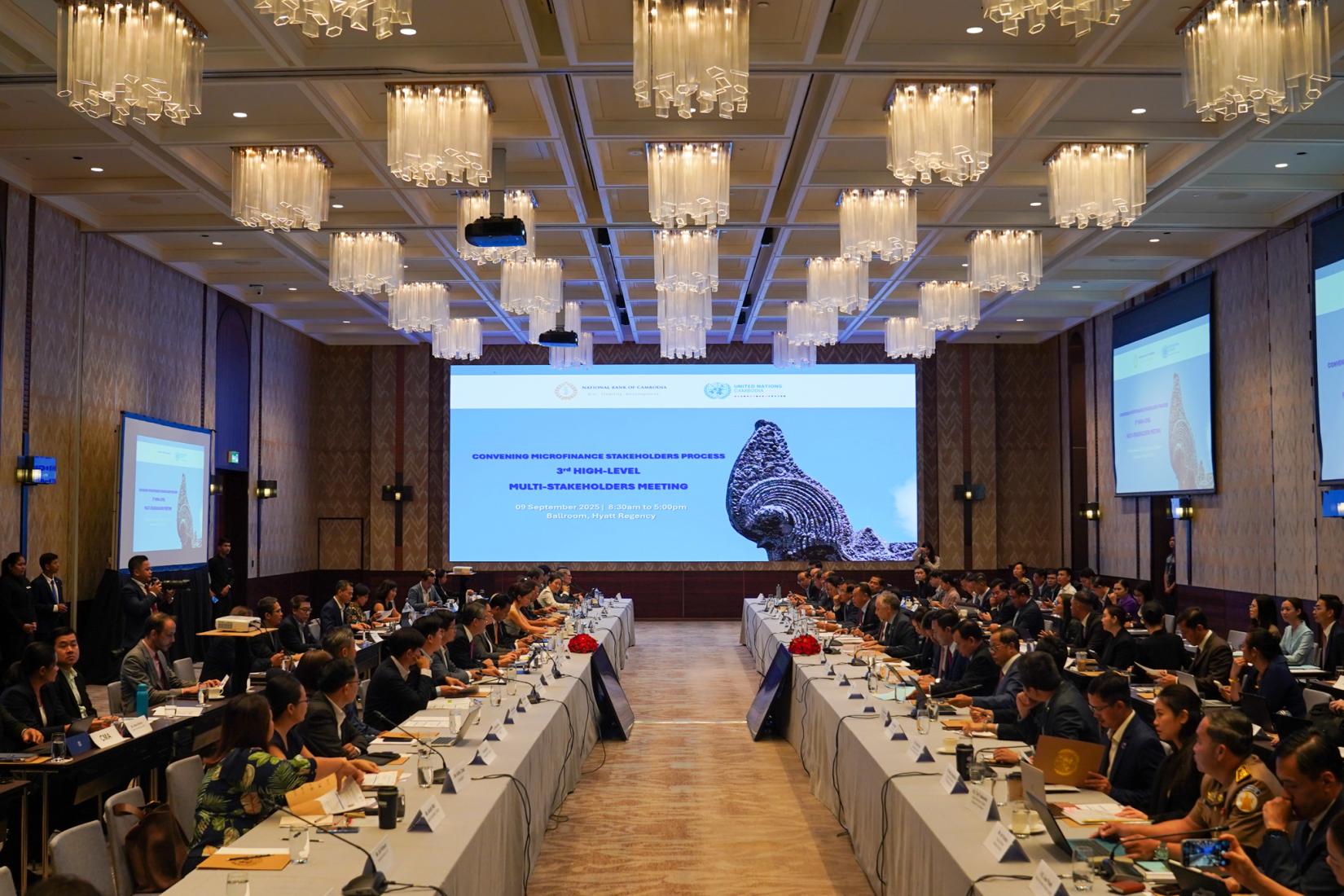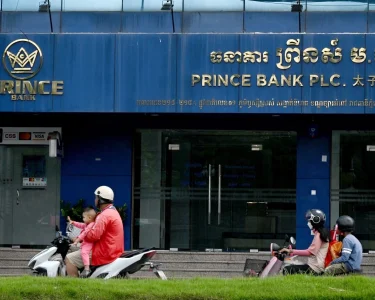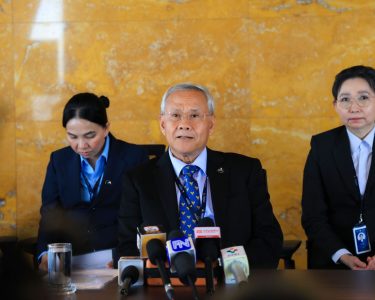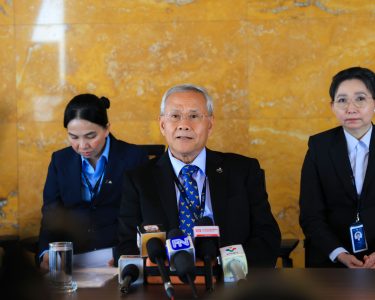Cambodia Investment Review
Phnom Penh hosted the third NBC–UN High-Level Multi-Stakeholder Convening on Microfinance this month, bringing together government officials, regulators, investors, and development partners to review progress and chart next steps for Cambodia’s financial inclusion agenda.
The meeting was co-organized by the National Bank of Cambodia (NBC) and the United Nations in Cambodia, with participation from senior government leaders, including the Deputy Prime Minister of the Ministry of Land Management, Urban Planning and Construction. The event underscored growing government commitment to tackling over-indebtedness and strengthening borrower protections in one of the world’s most microfinance-dependent economies.
Reviewing Progress on Priority Actions
Delegates assessed the implementation of 22 priority actions first endorsed at the inaugural convening in July 2024. According to NBC, 10 actions have been completed while 12 remain in progress across five focus areas:
- Regulation and supervision: A Code of Conduct with Responsible Pricing principles is expected to be finalized by the end of 2025. A sectoral fund pool has already been launched to finance consumer financial literacy, debt counseling, and awareness campaigns.
- Borrower protection: A Financial Consumer Center has been established to handle complaints, and consumer protection laws are being strengthened alongside nationwide financial literacy efforts.
- Data sharing: Regulators, banks, and microfinance institutions are converging on a hybrid model for responsible lending, with standard definitions of microloans under development.
- Informal lending: Authorities issued a joint statement to curb illegal lending practices, including the use of ID cards, family books, and equity cards as collateral. The expansion of the online land title system is expected to improve transparency and reduce fraud. Community-based lending models are also being considered.
- Insurance and alternative financing: Stakeholders are exploring inclusive insurance products and risk-sharing mechanisms to better support smallholder farmers and agricultural cooperatives.
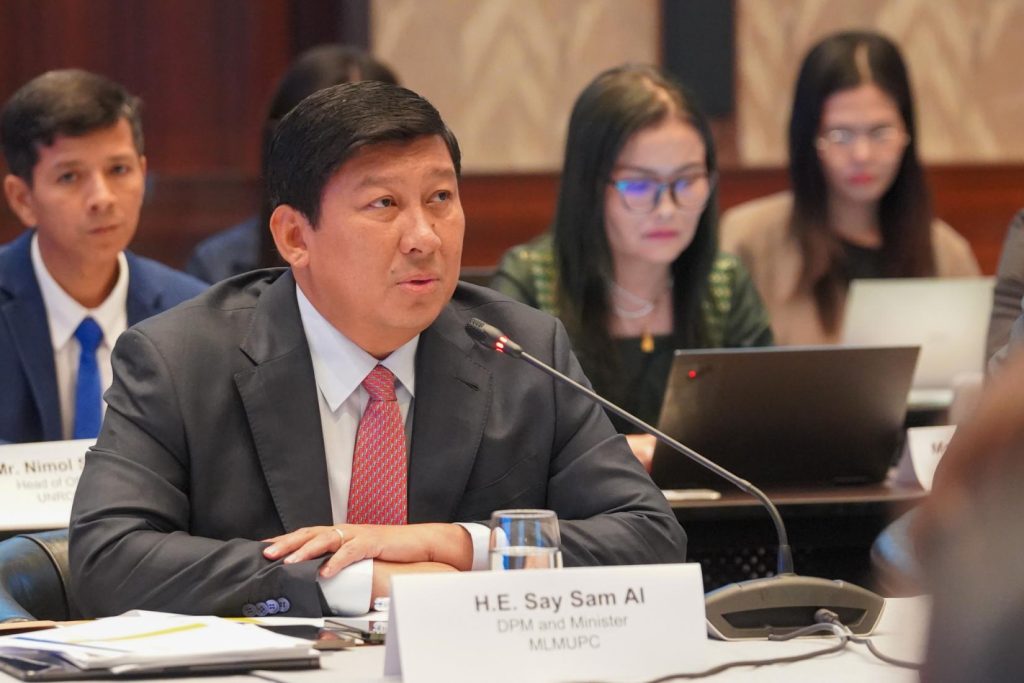
Cracking Down on Informal Lending
One of the most pressing issues remains the prevalence of informal moneylending, often linked to predatory practices and misuse of collateral. Stakeholders called for stricter enforcement and more realistic lending conditions from formal financial institutions to reduce reliance on illegal loans.
The expansion of Cambodia’s online land title system was highlighted as a key reform, aimed at cutting red tape and reducing fraud in collateral use. Outdated certification requirements have already been removed, but further oversight will be needed to curb risks at the community level.
Building a Resilient Financial Ecosystem
Participants reiterated that over-indebtedness and irresponsible lending remain urgent challenges for Cambodia’s financial system. Efforts to expand borrower protection, raise financial literacy, and promote transparency will be central to safeguarding vulnerable households.
The convening concluded with a commitment to further collaboration between regulators, industry players, and development partners. The next high-level discussion is scheduled for December 2025, where stakeholders will again review progress and align on strategies to build what NBC described as a “fair, inclusive, and resilient financial ecosystem for all Cambodians.”


